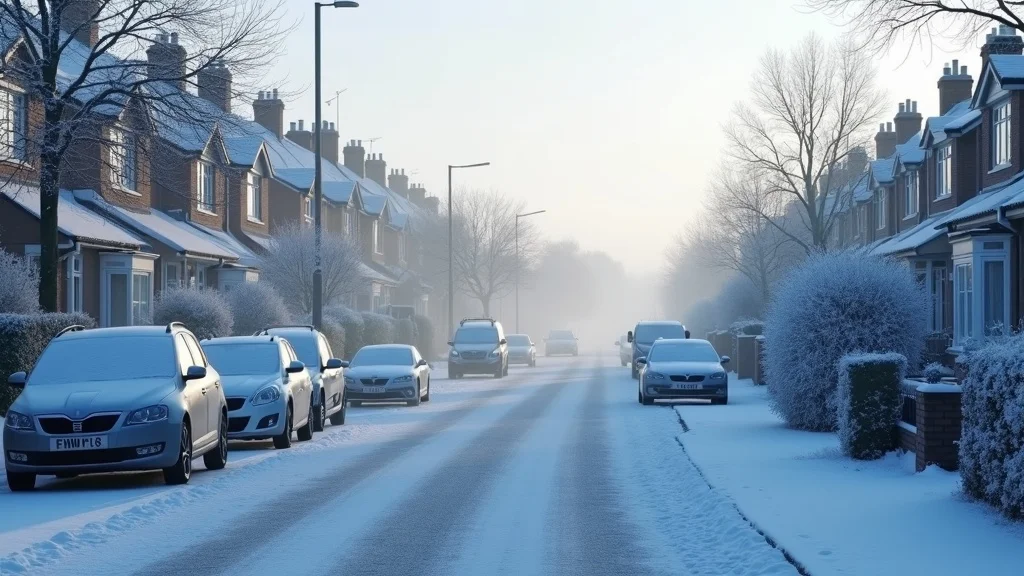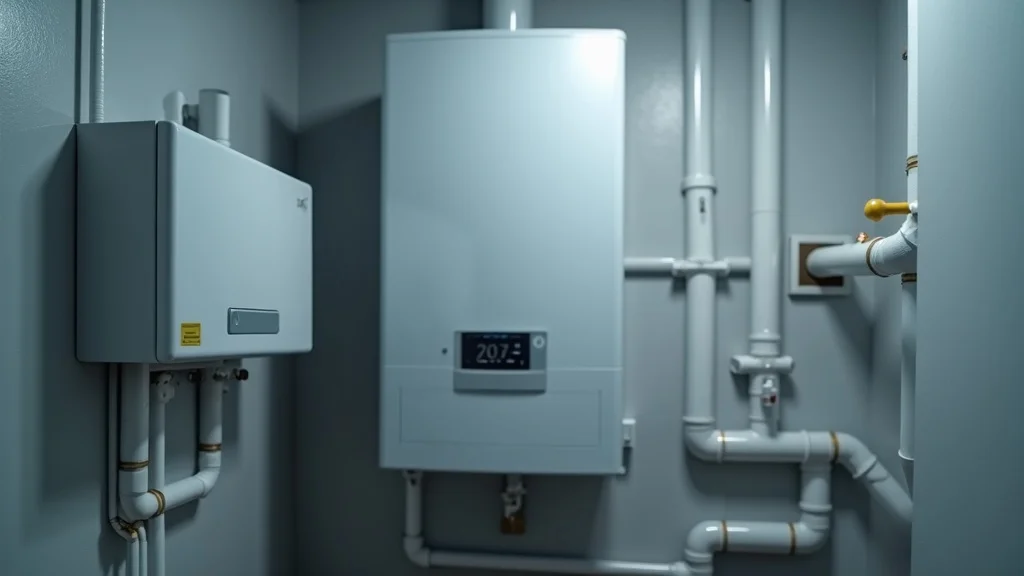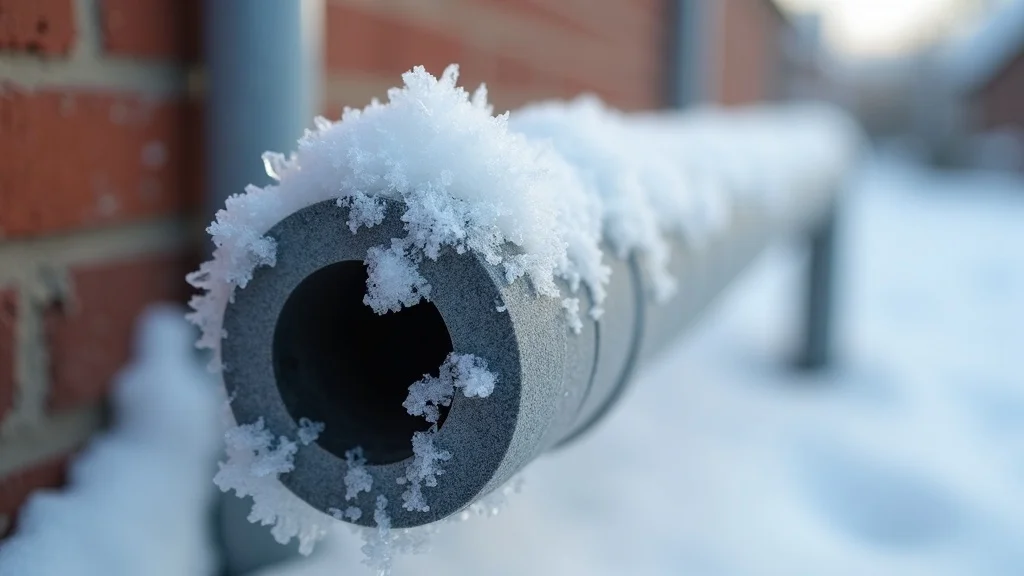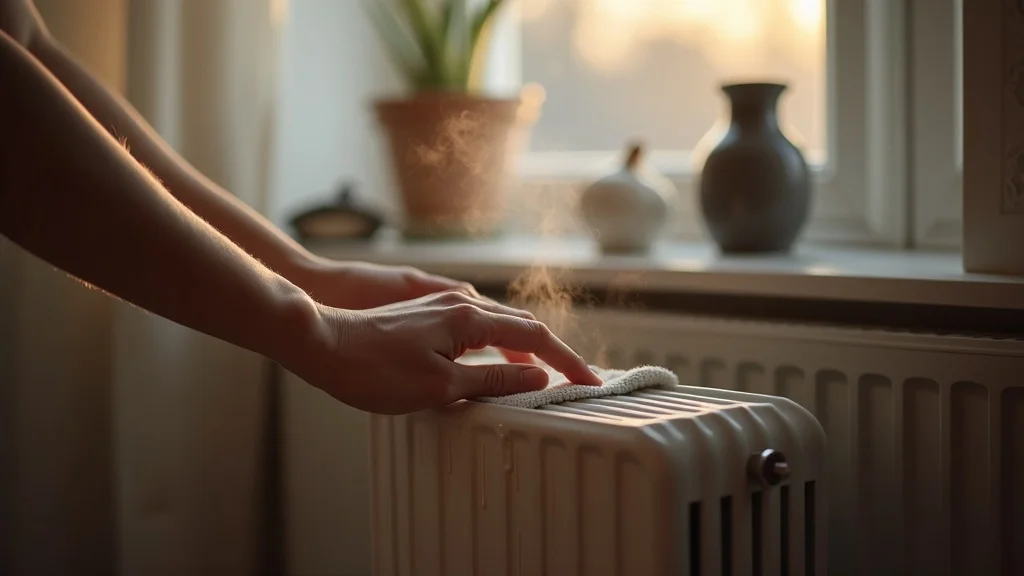Did you know? Every winter, emergency boiler breakdown callouts rise by up to 60% the moment the first cold snap hits. If you’ve ever woken to ice on the windows and silence from your radiators, you’re not alone—and knowing why boilers break in winter for a reason—here's how to stop it happening to yours will help you stay warm, safe, and save money. Imagine this: It’s 6am, frost on the cars outside, and your central heating won’t turn on. You’re layered in jumpers, searching Google with chattering teeth. For many UK families, this is the first sign that something’s gone seriously wrong. Let’s dig into why this happens, how you can prevent a boiler breakdown, and the exact, easy steps to avoid being left in the cold.
Why Do Boilers Break in Winter? Facing the Chill Head-On
When freezing weather arrives, everyone cranks up their thermostats. It’s the very time your boiler needs to work hardest. The sudden demand for more hot water and central heating exposes any weaknesses—be it frozen pipes, pressure drops, or hidden sludge. Hearing your boiler break down is not just an inconvenience; for families with young children, the elderly, or those working from home, it’s a real disruption.
Winter’s impact on heating systems isn’t just about the outside temperature. During cold weather, boiler components contract, pipes freeze, and pressure drops—turning minor issues into major failures. Boiler breakdowns peak because the heating system faces higher mechanical stress. Missing boiler servicing before winter, neglecting low boiler pressure, or ignoring bleeding radiators all makes the chances of a broken boiler much higher just when you need it most. The result? Cold rooms, surprise bills, and long waiting lists for a registered engineer.

“It’s 6am, frost on the cars, and the central heating won’t turn on. Most boiler breakdowns don’t wait for a good time.”
What You'll Learn About Boiler Breaks and Winter Preparedness
- What causes boilers to break in winter
- Cold weather's hidden stresses on your heating
- The main reasons for boiler breakdowns
- Securing boiler service before the freeze hits
- Easy actions to prevent a broken boiler and avoid expensive boiler repairs
Cold Weather & Boiler Breakdown: The Truth Behind the Spike
When the outside temperature drops, your home’s heating battles the elements. The cold weather means your boiler is on for longer, working harder to keep rooms comfortable. This non-stop workload is the perfect storm for any small fault to become a shut-down. For example, a frozen condensate pipe can block water draining from your gas boiler, triggering an instant breakdown. Low boiler pressure, caused by tired seals or even just bleeding excess trapped air from a radiator, leads to heating failure and a chilly house. And if your boiler has missed it’s annual boiler service, hidden sludge or scale may build up—a leading cause of winter breakdowns.
Let’s not forget, every part of the system—from heat exchangers to thermostats—faces extra pressure. The best way to stay ahead? Understand the common causes and know the simple steps homeowners can take before winter begins. That way, you dodge the cold, the panic, and the last-minute, costly boiler repair bills.
| Common Cause | Description | Action Against Breakdown |
|---|---|---|
| Frozen condensate pipe | Freezes at low temperatures and blocks safe boiler operation | Insulate the pipe or apply warm water |
| Low boiler pressure | Drops after system leaks or radiator bleeding | Check and top up pressure using pressure gauge |
| Lack of servicing | Unchecked sludge or worn parts increase risk of sudden failure | Book annual boiler service before the cold starts |
| Sludge build-up | Rust or debris restricts hot water flow and causes blockages | Get a system flush if radiators heat slowly or unevenly |
| Heat exchanger strain | Overloaded due to continuous cold weather use | Listen for odd noises or loss of heat and call an engineer if noticed |
Why Do Boilers Always Break in Winter?

Answer: Explaining the Science of Winter Boiler Breaks
Simply put, your boiler breaks in winter thanks to a perfect mix of cold, higher use, and hidden problems rising to the surface. Cold weather causes pipes and joints to contract, making leaks or boiler pressure issues more likely. When your thermostat kicks in for hours each day, worn parts get even more strain. And if you’ve skipped yearly boiler servicing, sludge or scale may be quietly building up inside your heating system all year, only to cause a problem now. Mechanical parts—including sensors, valves, and the critical heat exchanger—are pushed to their limits. The result? Small problems, ignored for months, lead to a boiler breakdown right when you need heat the most. Prevention really is the best way to beat the winter breakdown blues.
The Most Common Causes: Why Boilers Break Down When You Need Them Most
- Frozen Condensate Pipe (the classic winter culprit)
- Radiator Bleeding & Boiler Pressure Drops
- Sludge in the System – A Hidden Risk to Avoid Boiler Breakdown
- Heat Exchanger Overload During Cold Weather
- Old or Neglected Boilers Breaking Under Winter Strain
1. Frozen Condensate Pipe: Spotting & Stopping a Common Boiler Breakdown
Last January, four homes in one Belfast street lost heat in a single icy night. Every one had a frozen condensate pipe.

The condensate pipe carries away acidic water from your boiler. When temperatures plunge, it’s often the first thing to freeze, especially if it’s loosely insulated or runs outside. If this pipe freezes, your boiler breaks as a safety measure—no heat at all until thawed! The good news? Prevention is simple. Early in autumn, check where your condensate pipe exits your property. If it’s exposed, wrap it with foam pipe insulation (easy to buy, quick to fit). When severe frost is forecast, pour some warm (not boiling) water over it as a quick fix if it does freeze. And never force or hack at the pipe; if in doubt, call a gas safe registered engineer for help.
2. Boiler Pressure Drops: How Low Pressure Causes Boiler Breaks
Boilers use water pressure to circulate hot water through your heating system. Over time—and after bleeding radiators—boiler pressure drops naturally. Too low and you’ll have a broken boiler with only cold rads. Most boiler manuals explain how to check the pressure gauge and top up using a filling loop. But if you keep losing pressure or see other warning signs (like a flickering pilot light), a leak or faulty part may be to blame. This is where a boiler serviced by a safe registered engineer is worth its weight in gold, stopping minor issues from turning into full boiler breakdowns.

3. Sludge & Debris: When Dirty Systems Trigger a Boiler Breakdown
Have you ever noticed cold spots at the bottom of your radiators or odd clunking noises? That’s often a sign of sludge—built-up rust, dirt, or scale inside your pipes and radiators. It restricts water flow and forces your boiler to work even harder. In winter, when you rely on hours of consistent heat, sludge is a silent killer for systems not serviced regularly. If left unchecked, it’s not long before a boiler break, repair, or full system flush is needed. The best way to avoid this? Ask your gas safe engineer about power flushing or magnetic filters at your next boiler service. Keeping your system clean is much cheaper than facing a big bill—and days without heat!
4. Heat Exchanger Stress: How Winter Workloads Lead to Boiler Breaks
Your heat exchanger is the beating heart of your boiler. In cold weather, it’s under heavy strain—heating water for long hours, cycling on and off as demand changes. Older units or boilers that haven’t been checked in a while may show tell-tale signs: banging noises (“kettling”), slow heat-up, or even mysterious leaks. Running with a stressed or cracked heat exchanger isn’t just a comfort issue—it can also be a safety risk, with some types vulnerable to leaks or even carbon monoxide escape. If in doubt, always call a gas safe registered engineer to inspect and keep your heating safe, especially before another harsh winter.
5. Missed Boiler Service? Why One Appointment Prevents a Broken Boiler
An annual boiler service by a gas safe registered engineer isn’t just a tick-box for your warranty. It’s the best way to catch problems before they cause your boiler to break in the middle of a cold snap. A proper service cleans out internal parts, checks boiler pressure and pilot light, and confirms gas safety. Most breakdowns, particularly in winter, are due to missed maintenance—don’t skip it! Regular servicing is especially important before heavy winter use and for landlords, it’s a legal responsibility. Book early (late summer or early autumn) for peace of mind.
Safe Actions Homeowners Can Take to Prevent Boiler Breaks
- Check and top up boiler pressure regularly
- Listen for clanking or kettling noises
- Have radiators bled before winter sets in
- Insulate outdoor condensate pipes to stop freezing
- Book your annual boiler service each autumn
- Familiarise yourself with the pilot light and warning signs
- Know when to call a trusted engineer like Plumbrite

Boiler Myths Busted: "My Boiler’s New — So I’m Safe, Right?"
"Even boilers under warranty can break if neglected or worked too hard in the cold."
It’s a common misconception: “My boiler is just two years old, I don’t need to worry this winter.” The truth is, even brand new boilers can fail in cold weather if not looked after. Winter exposes surface-level designs—long hours and rapid cycling show up any installation flaws or missed maintenance. Regular servicing is a must for ALL boilers, regardless of age or warranty. Only a Gas Safe engineer can spot early signs of pressure, vent, or pilot light issues—saving you an emergency boiler repair when the temperature drops. Don’t leave it until you experience your first cold night with a broken boiler.
The Consequences: What Happens If the Boiler Breaks?
- Possible exposure to cold and damp—risk to health (especially kids & elderly)
- Unexpected costs for emergency boiler repair
- Frozen or burst pipes causing further home damage
- Long waits for engineers during peak winter
People Also Ask: Boiler Breakdowns in Winter
Why do boilers always break in winter?
Answer: It’s colder, so your boiler works harder and for longer. Extra demand exposes hidden faults: frozen pipes, low pressure, sludge and wear all peak with freezing weather.
How long can you be left with a broken boiler?
Answer: It depends on local emergency cover. In cold snaps, some families face 12–48hrs with no heating (or longer). Vulnerable users should seek urgent help.
What is the biggest cause of boiler breakdown?
Answer: Most emergency winter callouts are due to frozen condensate pipes, pressure drops and missed servicing.
How to keep a house warm when the boiler breaks?
Answer: Layer clothes, use electric heaters safely, keep doors shut, and open curtains for sunlight. Cover gaps in windows and drafts.
FAQs: Staying Ahead of Boiler Breakdown This Winter
-
When should I book my boiler service to avoid breakdown?
Book in late summer or early autumn—before the first cold snap. This gives you time to fix any problems and avoid the winter rush. -
How do I check my condensate pipe for ice?
If your boiler suddenly shuts off in freezing weather, inspect the white/plastic pipe running outside. Feel for cold spots or crunching sounds—if frozen, pour warm (not boiling) water over it and re-set your boiler. -
Is it safe to defrost a frozen pipe myself?
Yes, gently use warm water or a hot water bottle. Never use boiling water or direct flames. If unsure, call a Gas Safe registered engineer for help. -
What does it mean if my pilot light keeps going out?
It may signal a pressure problem, faulty sensor, or a gas supply issue. Do not attempt to fix gas components—call a Gas Safe registered engineer immediately. -
Can I fix boiler pressure myself or do I need an engineer?
Homeowners can often top up pressure using the boiler’s filling loop (see manual), but if pressure drops regularly, get a professional check to avoid hidden leaks or damage.
Key Takeaways: Ensuring Your Boiler Doesn’t Break Next Winter

- Even modern boilers break in winter—prevention is better than cure
- Simple routine checks can head off a crisis
- Never skip winter servicing
- Don’t ignore early warning signs of a pending boiler break
- Trust local professionals for peace-of-mind
 Add Row
Add Row  Add
Add 



Write A Comment